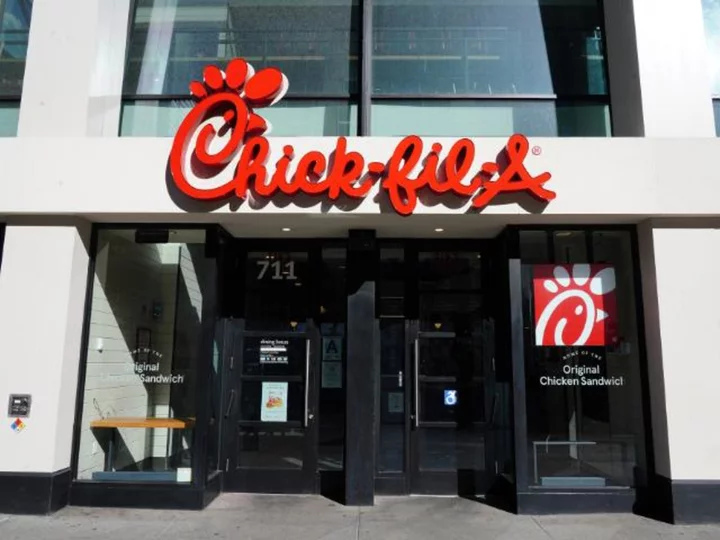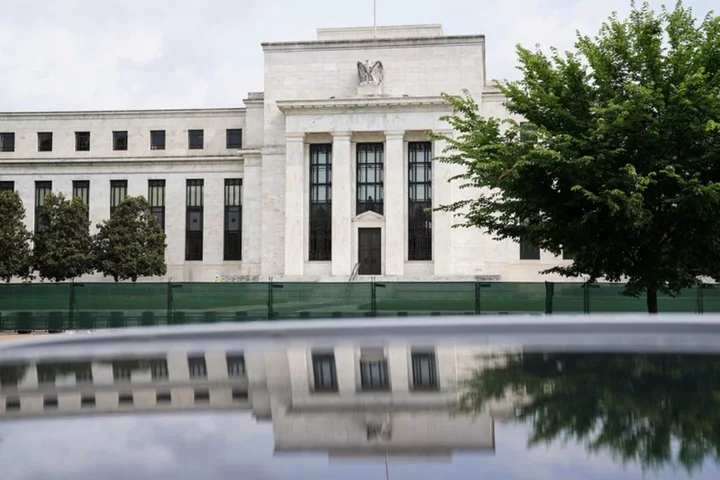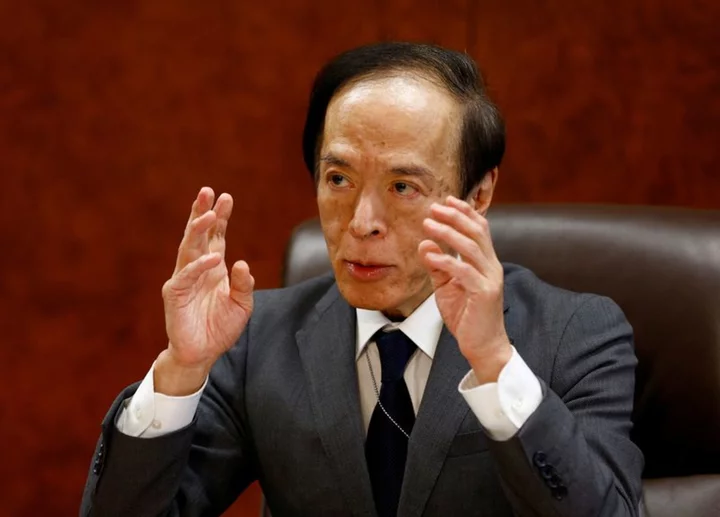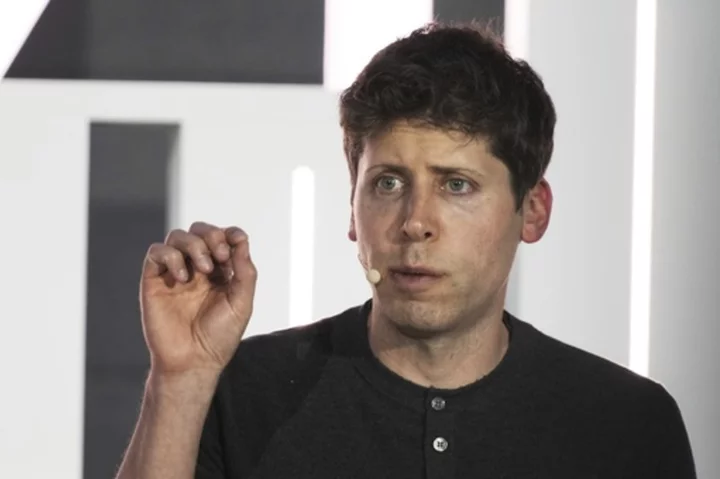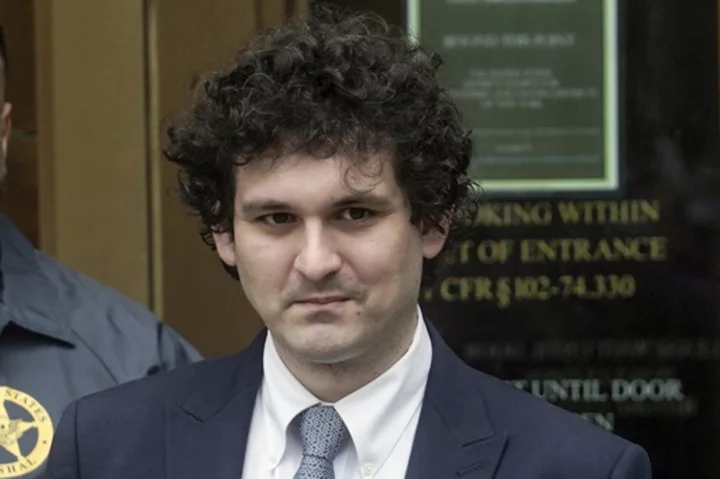Chick-fil-A has become a surprise target of right-wing ire following the discovery that the company has an executive overseeing its diversity, equity and inclusion policies.
It joins a growing list of companies that right-wing media and conservatives on social platforms have chastised for so-called "woke" marketing. But Chick-fil-A is an unusual target for the right wing because of the company's conservative bona fides.
What happened?
The fact that Chick-fil-A has been trending online and the subject of conservative media news segments shows the power that a few people with large social media followings can have.
In a series of tweets, including one that made a transphobic comment, right-wing political commentator Joey Mannarino earlier this week asked if people will the "boycott" the chain because of the company's DEI efforts.
Shortly after, far-right personalities, including Charlie Kirk of Turning Point USA and Ian Miles Cheong, joined in.
What's really going on?
The target of their ire was Erick McReynolds, Chick-fil-A's vice president of DEI, who's held the position for about three years. Chick-fil-A says it is "committed to being better at together."
"Our founder, Truett Cathy, believed that 'a great company is a caring company,'" Chick-fil-A notes on its DEI web page. "At Chick-fil-A, Inc., our commitment is to approach this work with intention and humility, always believing the best in one another and striving for common ground."
It's unclear why McReynolds is getting attention from some conservatives now. The restaurant chain declined to comment about the so-called controversy and would not make McReynolds available for an interview.
Chick-fil-A has long been conservative
Chick-fil-A is well known for its conservative views. Its restaurants are closed on Sunday for religious reasons and it has donated to anti-LGBTQ organizations in the past (a decision that it reversed in 2019). In 2012, former Chick-fil-A President Dan Cathy spoke out against America's legalization of same-sex marriage, which sparked boycotts from the left.
The company has deep Christian roots. Its DEI page on Chick-fil-A's website includes references to God, writing the company's purpose is to "glorify God by being a faithful steward of all that is entrusted to us. To have a positive influence on all who come into contact with Chick-fil-A."
It's not just Chick-fil-A
It's unclear how whether boycott efforts have been successful. Chick-fil-A is privately held and does not routinely announce sales data.
Still, it joins a list of companies, including Target and Anheuser-Bush's Bud Light, that are dealing with conservative backlash for what some view as "woke" marketing.
Bud Light sponsored a social media post with trans personality Dylan Mulvaney, in which she showed off a custom can that featured her likeness. That set off a firestorm on right-wing channels, and Bud Light's sales have fallen sharply, sinking 25% in May compared to the year prior, according to Beer Business Daily, an influential industry newsletter.
Last week, Target was targeted with homophobic attacks for selling pride merchandise, which it has done for several years. The campaign became hostile, with threats levied against Target employees and instances of damaged products and displays in stores. In the end, Target opted to protect employee safety by removing certain items that it said caused the most "volatile" reaction from opponents.
Hurting brands' sales and reputations was the stated goal of the campaign: "The goal is to make 'pride' toxic for brands," said right-wing commentator Matt Walsh on Twitter. "If they decide to shove this garbage in our face, they should know that they'll pay a price. It won't be worth whatever they think they'll gain."
But Target's response angered LGBTQ advocates and led to criticism that it was caving to extreme elements of American society. These campaigns also come amid a record number of anti-LGBT bills introduced in statehouses this year and escalating political attacks on transgender people by leading Republican candidates for president.

